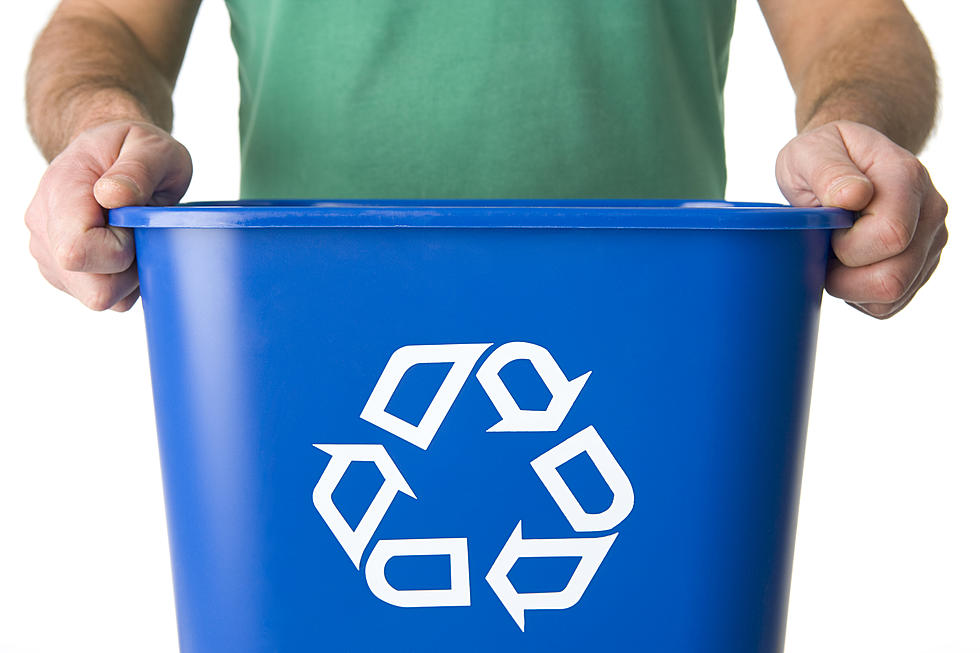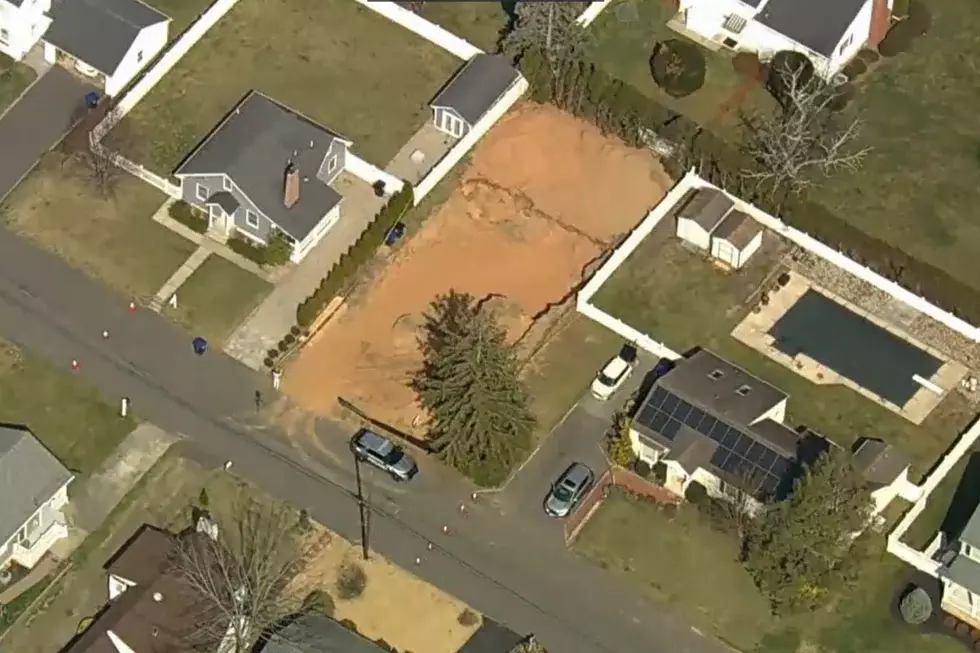
Recycling confusion causing problems in the Garden State
Recycling in New Jersey is mandatory but the rules covering what is considered acceptable material have changed over the past few years and many Garden State residents may not understand what they should and should not be putting in their recycling bins.
Steve Rinaldi, a research scientist with the state Department of Environmental Protection’s Bureau of Sustainability, said most recycled material from New Jersey and other states is shipped to China. In recent years, that country has implemented stricter rules and recycled material that is considered inappropriate or “contaminated” is being rejected.
That means it will wind up in a landfill and the town or county that has shipped it will not get any money for it.
While bottles, cans, paper and cardboard are collected and recycled by everyone, individual New Jersey counties have the power to develop their own recycling plans or leave it up to their individual towns.
Rinaldi said some of them had been collecting additional materials, but are now going back to the basics and collecting less recycling — and that’s been causing problems.
“Some of it is just confusion: Packaging changing all the time and it’s hard to know sometimes,” he said.
He said another big issue is making sure recycled material isn’t contaminated by food.
“You don’t want to put out a jar that’s nearly full of peanut butter or mayonnaise. It doesn’t have to be perfectly clean either; just a quick rinse is usually fine.”
He stressed preparing recycled material properly is important but you don’t have to go crazy.
“You don’t have to completely rinse out food containers' relatively clean is fine. You don’t have to take labels off of soda bottles and water bottles. Some places want you to flatten the cardboard.”
Rinaldi said another big problem is the "wishful recycler," someone who figures, when in doubt, try to recycle it.
“Maybe they went to the plant nursery and brought home some flowers and they have some plastic trays. Those plastic trays are not recyclable for your curbside program so they become a contaminant in the waste stream.”
To find out what should and should not be recycled where you live and how it should be cleaned or wrapped up, you should visit the DEP's website at recycle.nj.gov
Municipal and county websites also should have specific recycling information.
He noted another option is to get the Recycle Coach app, which will give you specific recycling information for the ZIP code you enter. Available here on the App Store or Google Play.
Rinaldi said the DEP has produced public service announcements and completed a podcast on recycling to help Garden State residents recycle.
You can contact reporter David Matthau at David.Matthau@townsquaremedia.com
More From New Jersey 101.5 FM









